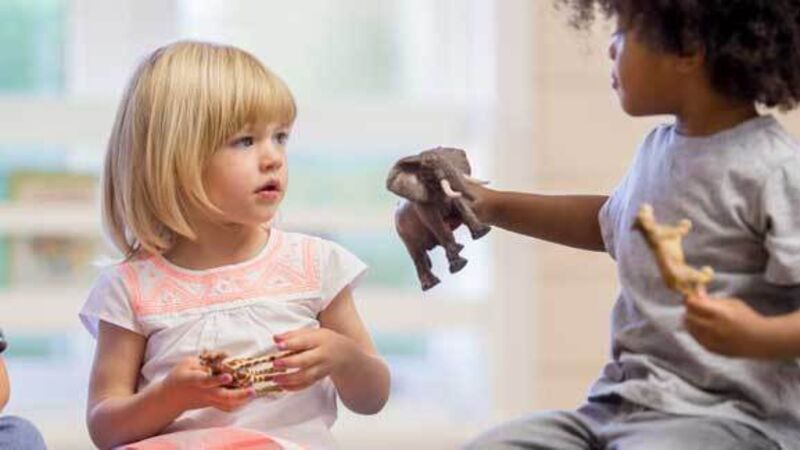Barnardos new guide charts children's development stages

A two-year-old will defend their own possessions, while a four-year-old will share their toys.
These are what you can expect from children at different ages up to six, as published in a new parenting guide by Barnardos.











